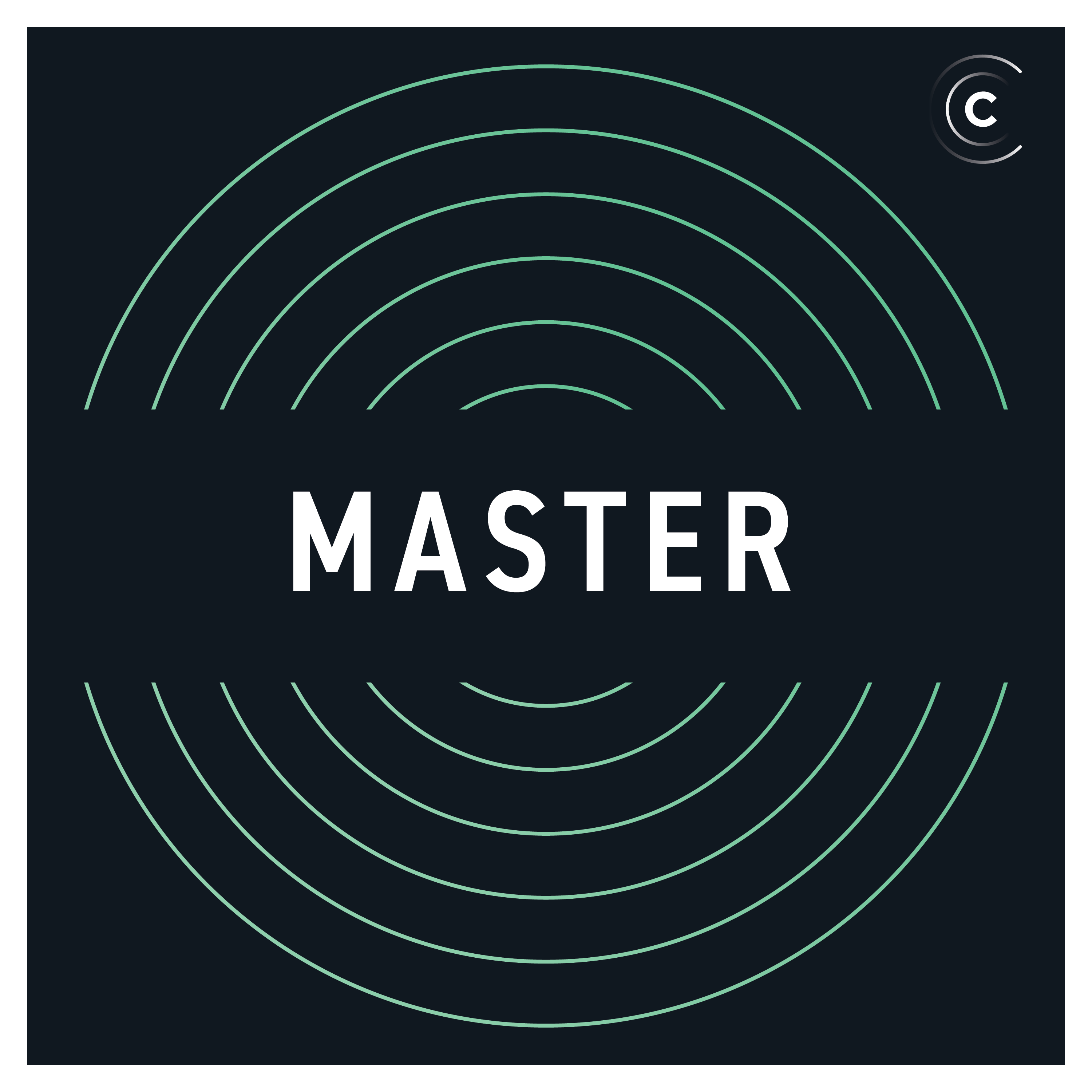

Changelog Master Feed
Changelog Media
Your one-stop shop for all Changelog podcasts. Weekly shows about software development, developer culture, open source, building startups, artificial intelligence, shipping code to production, and the people involved. Yes, we focus on the people. Everything else is an implementation detail.
Episodes
Mentioned books

23 snips
Dec 19, 2025 • 1h 42min
State of the "log" 2025 (Changelog & Friends #122)
The annual wrap-up features listener voicemails and funky Breakmaster Cylinder remixes. Highlights include favorite episodes, discussions on AI and agents, and memorable moments from the community. The hosts reflect on impactful interviews and the art of crafting great titles. They dive into future plans for homelabs and tech events, all while enjoying the rhythm of remixed contributions from fans. It’s a festive celebration of tech and community spirit!

44 snips
Dec 18, 2025 • 1h 22min
Agents in the database (Changelog Interviews #671)
Ajay Kulkarni, Co-founder and CEO of Tiger Data, shares his fascinating journey from the dot-com collapse to leading a database revolution. He dives into the dynamics of founder values shaping company culture and discusses the evolution from Timescale to Tiger Data. The conversation takes a thrilling turn as Ajay uncovers how agents are transforming database interactions, allowing for quicker shipping and streamlined workflows. He also talks about the unrealized potential of semantic search and innovations that will redefine developer experiences.

96 snips
Dec 15, 2025 • 16min
The code, prose & pods that shaped 2025 (Changelog News #174)
This discussion takes a look back at the standout moments and projects of 2025. Highlights include a fascinating exploration of multisensory interfaces and a dive into the complexities of AI's impact on adoption. Jerod shares insights on productivity tools, the relevance of original prompts, and a thought-provoking critique of AI art. The conversation wraps up with reflections on innovative coding practices and exciting future experiments, all while keeping it engaging and full of personality.

33 snips
Dec 12, 2025 • 1h 45min
Down the Linux rabbit hole (Changelog & Friends #121)
Alex Kretzschmar, a developer and home-lab enthusiast, dives deep into the world of Linux. He compares Docker and Podman, emphasizing the importance of rootless containers for security. Alex shares insights on building a Kubernetes cluster and his experiences with ZFS backups. He also discusses self-hosting solutions, like migrating from Google Photos to Immich for privacy. The conversation touches on Plex, Jellyfin, and the future of media streaming, alongside the role of AI in enhancing coding workflows.

20 snips
Dec 10, 2025 • 1h 34min
Autonomous drone delivery in a Zip (Changelog Interviews #670)
Keenan Wyrobek, cofounder and CTO of Zipline, shares insights into his company’s groundbreaking work in autonomous drone logistics. He discusses the impactful journey from delivering medical supplies in Rwanda to broader consumer applications like e-commerce. Keenan dives into the technical challenges of drone design and flight dynamics, revealing innovations like the drone-within-a-drone system. He touches on safety, regulatory collaboration, and the exciting potential for urban deliveries, while hinting at Zipline's ambitious scaling plans for the future.

15 snips
Dec 8, 2025 • 8min
The "confident idiot" problem (Changelog News #173)
Exploring the need for stringent rules in AI, the show dives into the implications of Anthropic acquiring the Bun team. A hilarious mishap with Claude failing to recreate the '96 Space Jam website showcases the limitations of LLMs. Jerod highlights Chromium's decision to revive support for JPEG XL, hinting at its potential rise. The introduction of Bazite, a Linux gaming distro ready to enhance your gaming experience, adds a fresh twist. Tune in for intriguing insights and unexpected tech turns!

40 snips
Dec 5, 2025 • 1h 38min
Very important agents (Changelog & Friends #120)
Nick Nisi, a developer and AI/UX engineer known for his work on developer tooling, joins the conversation. They delve into Anthropic’s acquisition of Bun and its ripple effects on the JavaScript ecosystem. Nick shares insights on voice assistants, home automation, and the evolving landscape of AI coding tools like Claude and Opus. They also discuss the state of GitHub and new registries emerging in the JavaScript world. Finally, Nick predicts that developers will write less code, encouraging a shift towards interactive AI workflows.

41 snips
Dec 4, 2025 • 1h 31min
Werner Vogels predicts the future (Changelog Interviews #669)
Werner Vogels, Amazon's CTO and tech visionary known for shaping AWS, shares his bold predictions for technology's future. He explores how companionship may evolve with robotics, addressing loneliness and eldercare through innovative solutions. Vogels discusses the urgent need for post-quantum cryptography to protect against future decryption threats. He also highlights the value of curiosity in developers, emphasizing the rise of the 'Renaissance developer' who merges deep expertise with broad skills. Get ready for insights on the intersection of humanity and technology!

22 snips
Dec 1, 2025 • 9min
What actually makes you senior (Changelog News #172)
What truly defines a senior developer? Matheus Lima shares insights on reducing ambiguity and turning fuzzy tasks into clear objectives. Tega Brain introduces a browser extension that filters out AI-generated content, raising questions about its sustainability. Andrew Kelley discusses moving the Zig programming language from GitHub due to concerns over its engineering culture. Plus, discover the risks of SSD data retention and how programming languages help manage complexity in coding.

13 snips
Nov 28, 2025 • 1h 50min
The 4 DIMM problem (Changelog & Friends #119)
Lars Wikman, an Embedded systems and Elixir developer, returns to share his expertise on Nerves and IoT devices. He discusses the challenges of Linux distro hopping, especially his experiences with Arch. Lars dives into the Nerves project, highlighting its potential in home automation and fleet management. He also shares insights into integrating sensors with Home Assistant for real-time greenhouse monitoring. Plus, he reflects on the benefits of karate and its discipline, connecting it to community building in tech.


